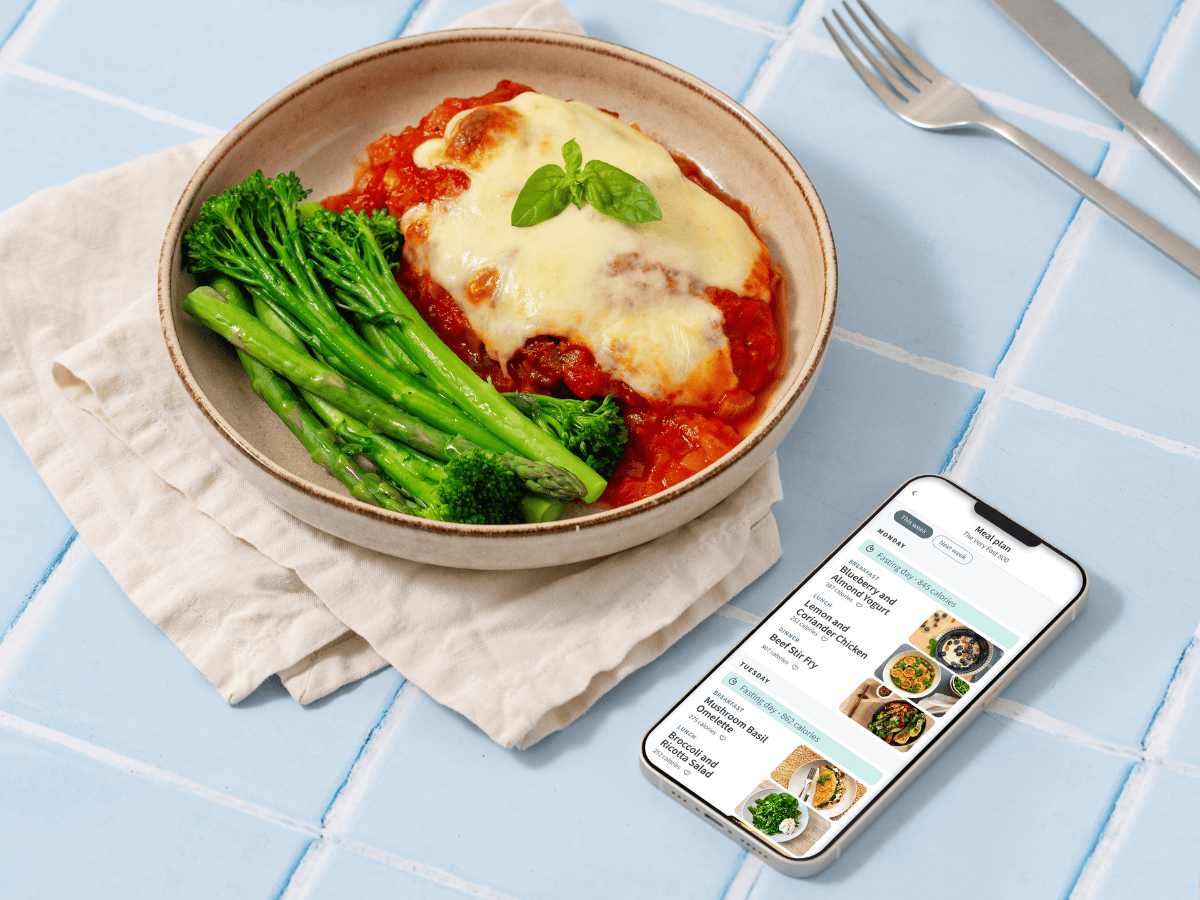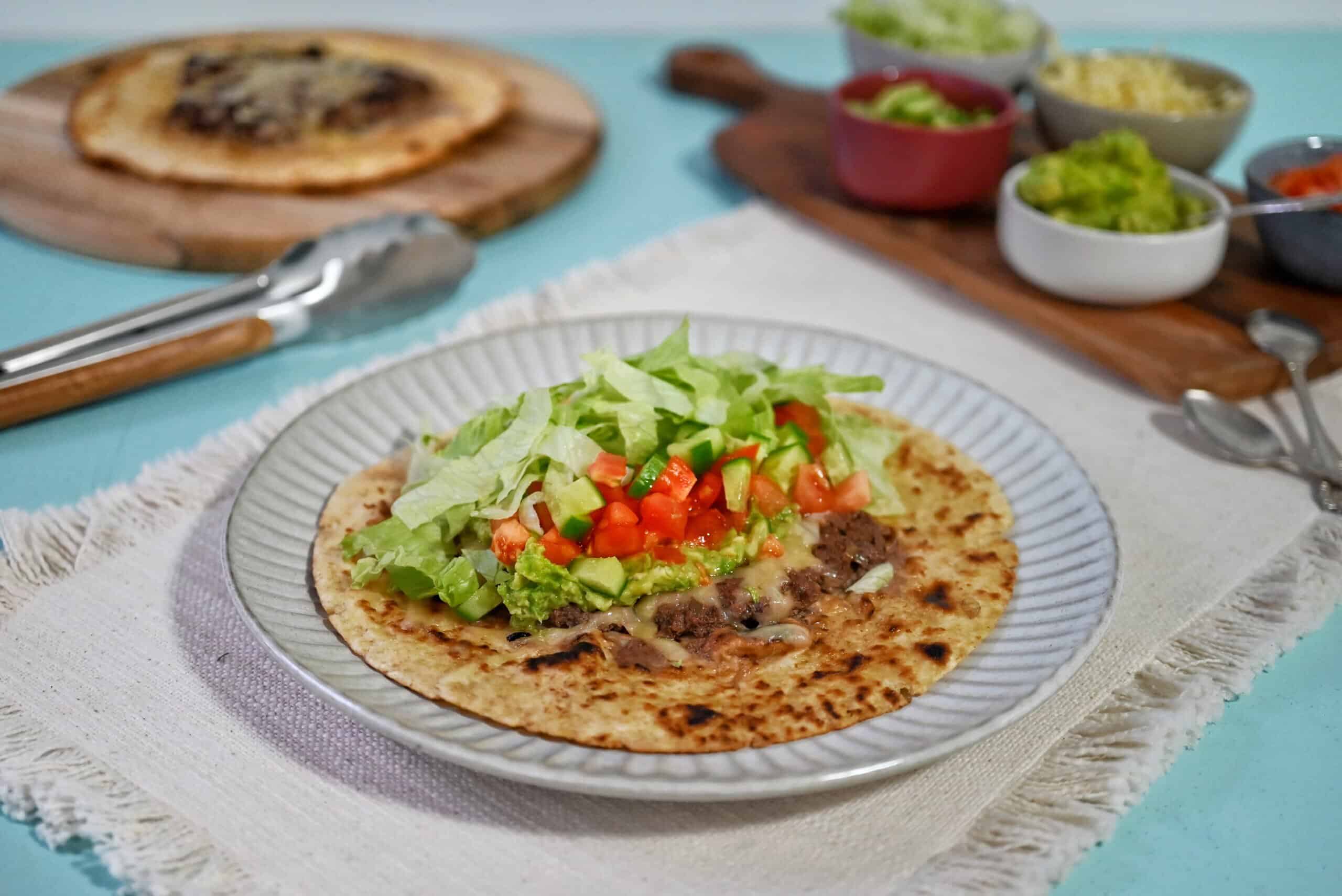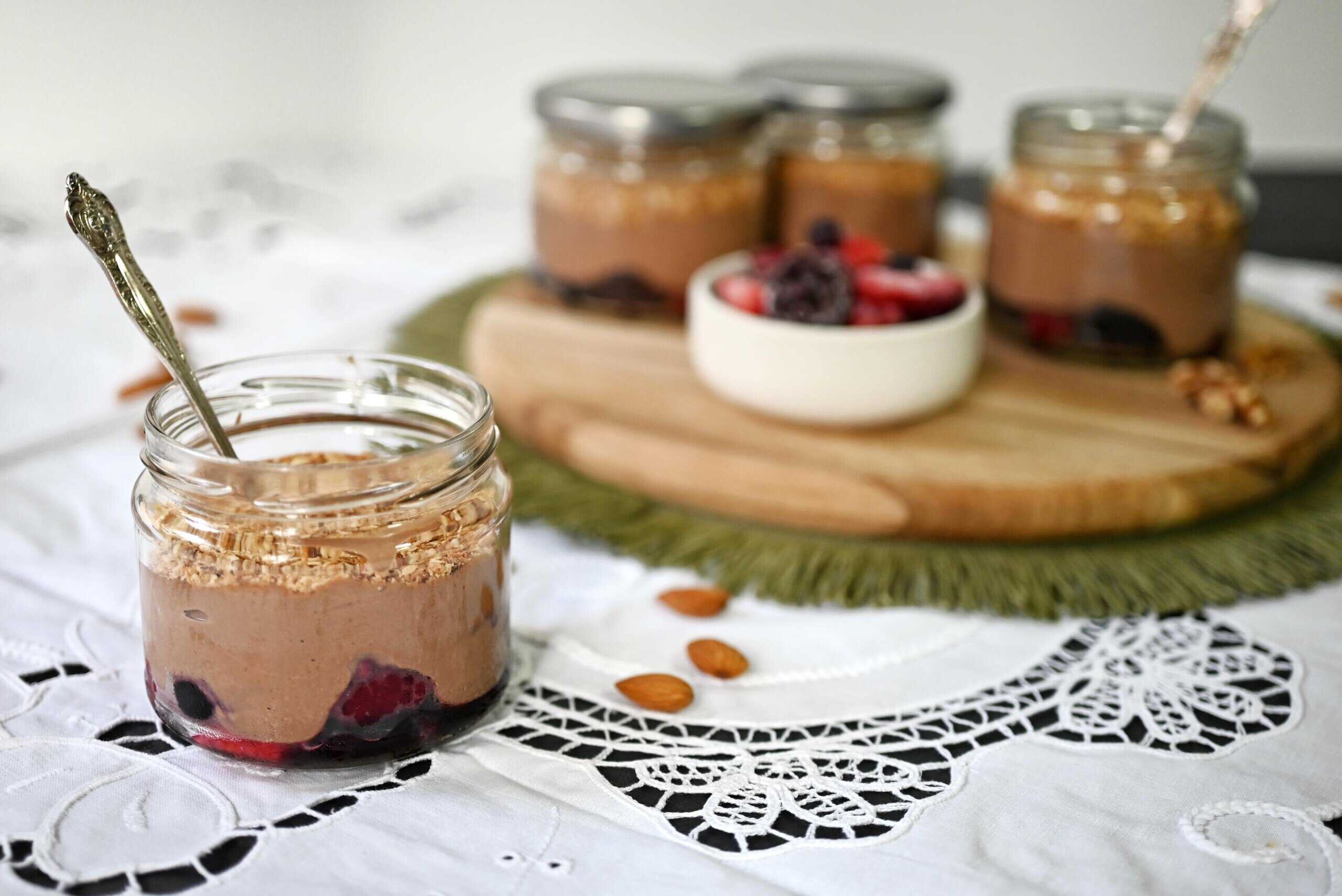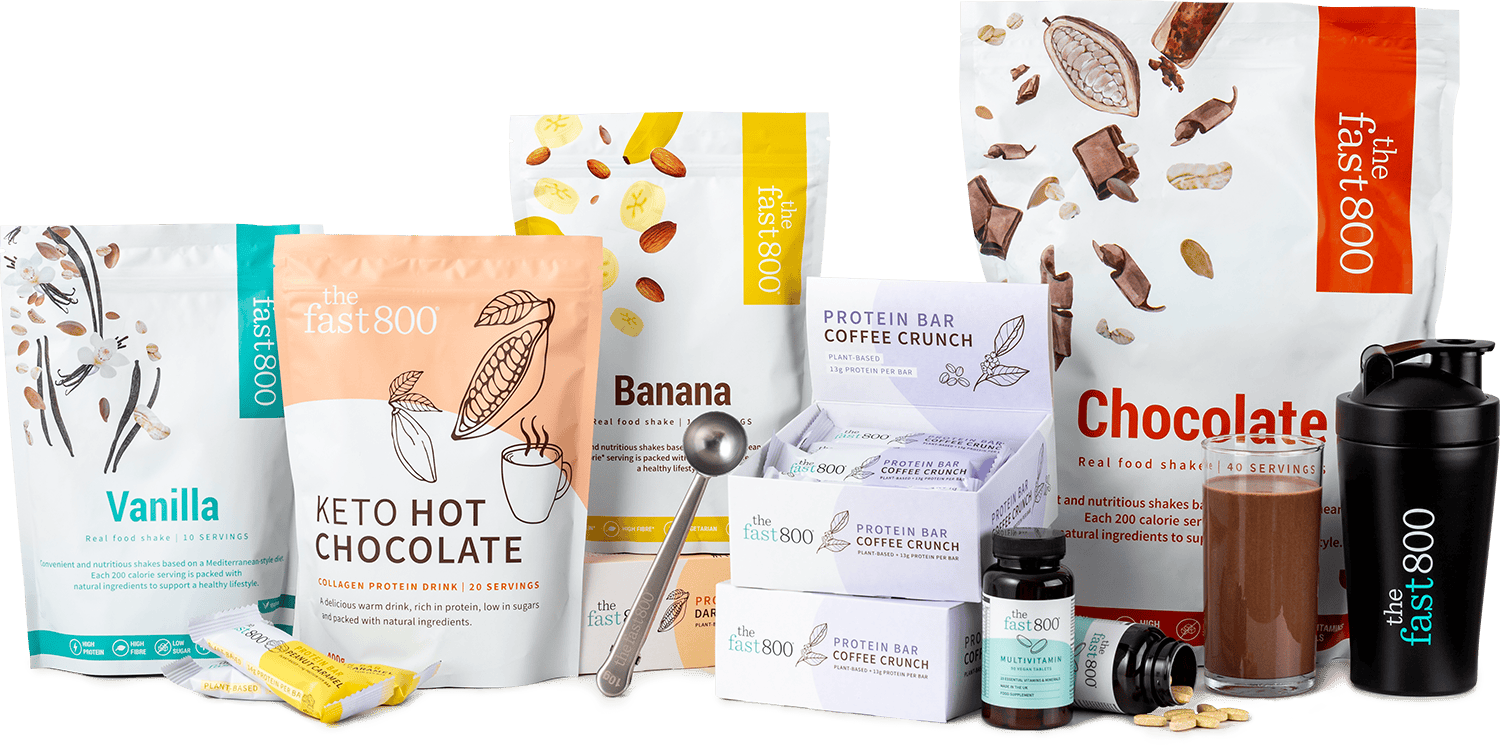Mindful Alcohol and Tips For Drinking In Moderation
Dr Michael Mosley states that ‘mindful alcohol and drinking in moderation is key to a healthy lifestyle’, but what exactly does he mean by mindful alcohol?
Research shows that 49% of adults in the UK drink at least once a week, many of whom drink ‘excessively’ which involves four or more drinks on one occasion, or 8-15 drinks per week. However, studies in both the UK and Australia have revealed a decline in excessive drinking over the past few years.1 With the increasing awareness around the health implications of drinking heavily and the popularity of challenges like Dry January (not consuming alcohol in January), it’s clear that things are taking a positive turn.
How much should you be drinking?
The current UK guidelines advise limiting alcohol to 14 units per week on a regular basis (or around seven 175ml glasses of 12% ABV wine), and recommend spreading that over at least three days if you often regularly drink that much.
However, Dr Michael Mosley argues, “The problem with units is that they are almost impossible to pin down. The effect of alcohol differs person-by-person, depending on body size, gender and also how you metabolise alcohol.”
The health impacts of drinking alcohol
- Mood changes: Moderate alcohol usage can raise your mood, however when you go beyond the recommended guidelines you begin increasing your risk of depression and anxiety.2 Dr Mosley reflects: “You get caught in a vicious circle where you drink because you are anxious, stressed or unhappy, and then the alcohol makes you worse. It’s really important to cut down if you can.”
- Increased risk of disease: Alcohol consumption places you at an increased risk of developing liver disease, diabetes, and premature death.3,4 Additionally, alcohol consumption is a risk factor in 4% of all cancers, but most commonly breast and colorectal cancers.5 Cutting back on the drinks will ensure you cut back on your risk of developing life-limiting health conditions.
- Weight gain: Alcohol is full of ’empty calories’ and simple sugars, not providing any health benefits that alternatives may provide. Studies have found that it is a risk factor for obesity and weight gain, and that alcohol can increase feelings of hunger.6,7 Dr Mosley warns that “unless you do lots of exercise, all those excess calories will be laid down as fat… which doesn’t just sit there, it sends out inflammatory signals. So when you pile on the pounds, particularly around the waist, you are not only damaging your heart, but your brain as well.”
Potential benefits of red wine
Some studies have shown that a glass of red wine a day can provide some benefits, as it contains antioxidants and anti-inflammatory properties which are potentially related to a lesser risk of heart disease.8 However, drinking too much of any kind of alcohol can have negative effects on health. “The sensible reaction to all of this is to not give up drinking wine full stop,” says Dr Mosley, “but rather to enjoy your wine, to savour it and have one or two glasses a night,” ultimately creating mindful alcohol habits.
Keep reading for more ways to drink in moderation, mindfully.
If you’re looking for more support to achieve a healthy lifestyle, why not explore The Fast 800 Programme? Get started today with a free trial!
7-DAY FREE TRIAL

Call it mindful drinking. We have a tendency to gulp things down, but if you slow down and really enjoy what’s in your glass, you’ll probably drink less as well.
Top five tips for drinking in mindful moderation
Mindfulness doesn’t have to be deep meditation for everyone, for some it just means being aware of what you’re sensing and feeling. It’s been shown to help result in weight loss, and has been proven to successfully reduce alcohol intake.9, 10 For this reason, The Fast 800 Programme includes many mindfulness tools to help in your health journey. To get you started, here are some simple tips to apply mindfulness to your drinking habits:
- Switch up your alcohol beverage of choice. Not all alcohol was made equal, and we recommend choosing red wine as your go-to drink for its health benefits. Building knowledge by asking friends for their recommendations and researching different types of red wine will help you savour the experience of each drink you try.
- Slow down when socially drinking and always alternate each alcoholic drink with a water – try sparkling water to keep up the interest!
- Avoid alcohol on all fasting days and whilst you are following The Very Fast 800 Programme. Instead opt for drinks like these ones which our Health Coaches choose to enjoy on fasting days.
- Adding ice or garnishes like lemon slices, cucumber or fresh mint can make non-alcoholic beverages like sparkling water a bit more fun and mindful to put together. Making healthy, alcohol-free drinks closer to the feeling of having a cocktail can help to give you a similar experience without the health drawbacks of alcohol.
- If alcohol is your go-to after a long day of work or a stressful event, set yourself up with alternatives for these types of triggers that lead to drinking. For example, instead try building a habit of a relaxing bath, calling a friend or going out for a walk.
For more ideas on how to upgrade your healthy habits, sign up to your 7-day free trial of The Fast 800 Programme.
https://digital.nhs.uk/data-and-information/publications/statistical/health-survey-for-england
Boden JM, Fergusson DM. Alcohol and depression. Addiction. 2011 May;106(5):906-14. doi: 10.1111/j.1360-0443.2010.03351.x. Epub 2011 Mar 7. PMID: 21382111.
Brůha R, Dvorák K, Dousa M, Petrtýl J, Svestka T. Alcoholic liver disease. Prague Med Rep. 2009;110(3):181-90. PMID: 19655694.
Van de Wiel A. Diabetes mellitus and alcohol. Diabetes Metab Res Rev. 2004 Jul-Aug;20(4):263-7. doi: 10.1002/dmrr.492. PMID: 15250029.
Rumgay H, Murphy N, Ferrari P, Soerjomataram I. Alcohol and Cancer: Epidemiology and Biological Mechanisms. Nutrients. 2021 Sep 11;13(9):3173. doi: 10.3390/nu13093173. PMID: 34579050; PMCID: PMC8470184.
Traversy G, Chaput JP. Alcohol Consumption and Obesity: An Update. Curr Obes Rep. 2015 Mar;4(1):122-30. doi: 10.1007/s13679-014-0129-4. PMID: 25741455; PMCID: PMC4338356.
Cains, S., Blomeley, C., Kollo, M. et al. Agrp neuron activity is required for alcohol-induced overeating. Nat Commun 8, 14014 (2017). https://doi.org/10.1038/ncomms14014
Castaldo L, Narváez A, Izzo L, Graziani G, Gaspari A, Minno GD, Ritieni A. Red Wine Consumption and Cardiovascular Health. Molecules. 2019 Oct 8;24(19):3626. doi: 10.3390/molecules24193626. PMID: 31597344; PMCID: PMC6804046.
Asadollahi T, Khakpour S, Ahmadi F, Seyedeh L, Tahami, Matoo S, Bermas H. Effectiveness of mindfulness training and dietary regime on weight loss in obese people. J Med Life. 2015;8(Spec Iss 4):114-124. PMID: 28316717; PMCID: PMC5319254.
Abo Hamza E, Yoon A, Liu L, Garg A, Richard Y, Frydecka D, Helal A, Moustafa AA. The Relationship between Mindfulness and Readiness to Change in Alcohol Drinkers. Int J Environ Res Public Health. 2023 May 1;20(9):5690. doi: 10.3390/ijerph20095690. PMID: 37174208; PMCID: PMC10178867.











